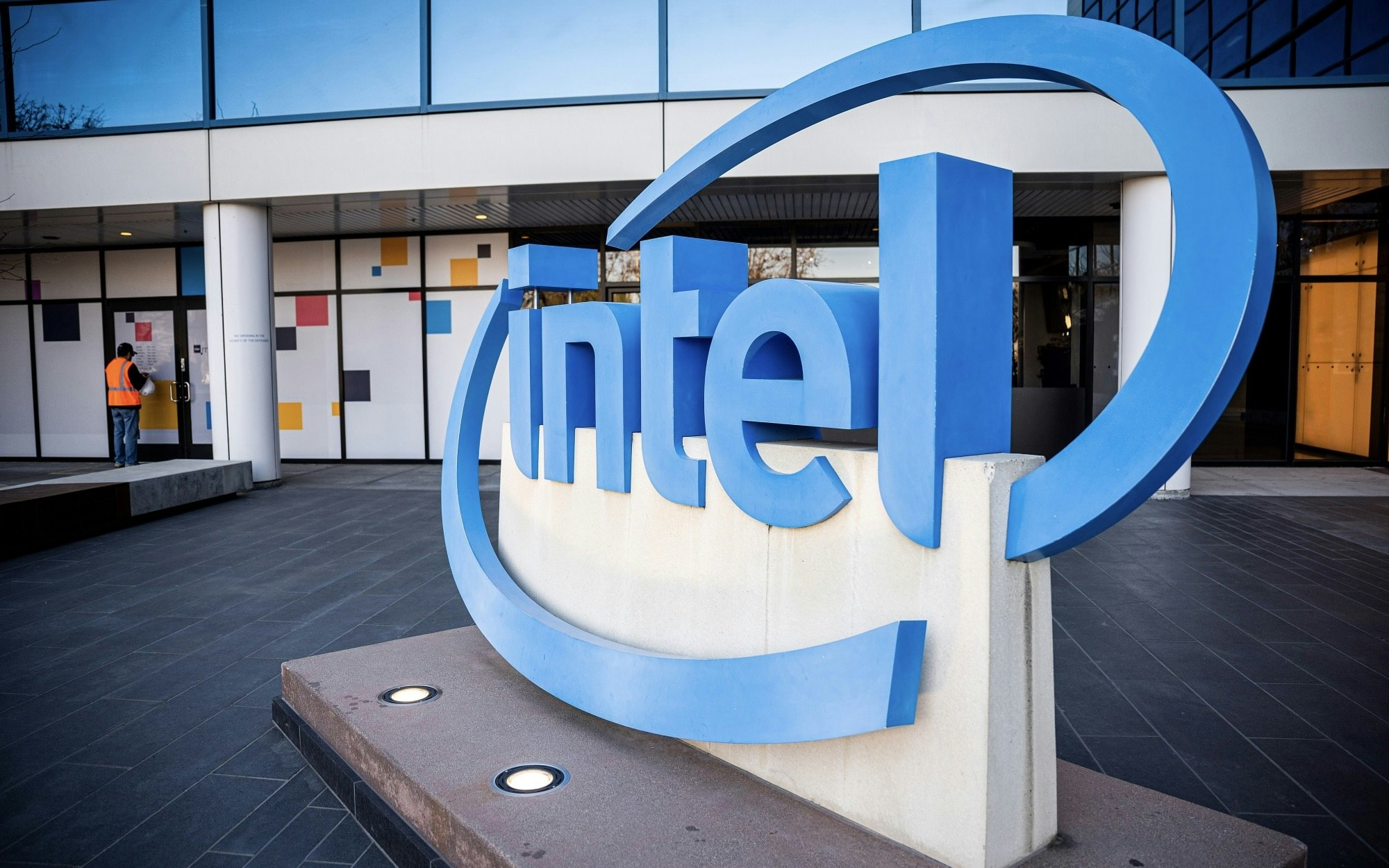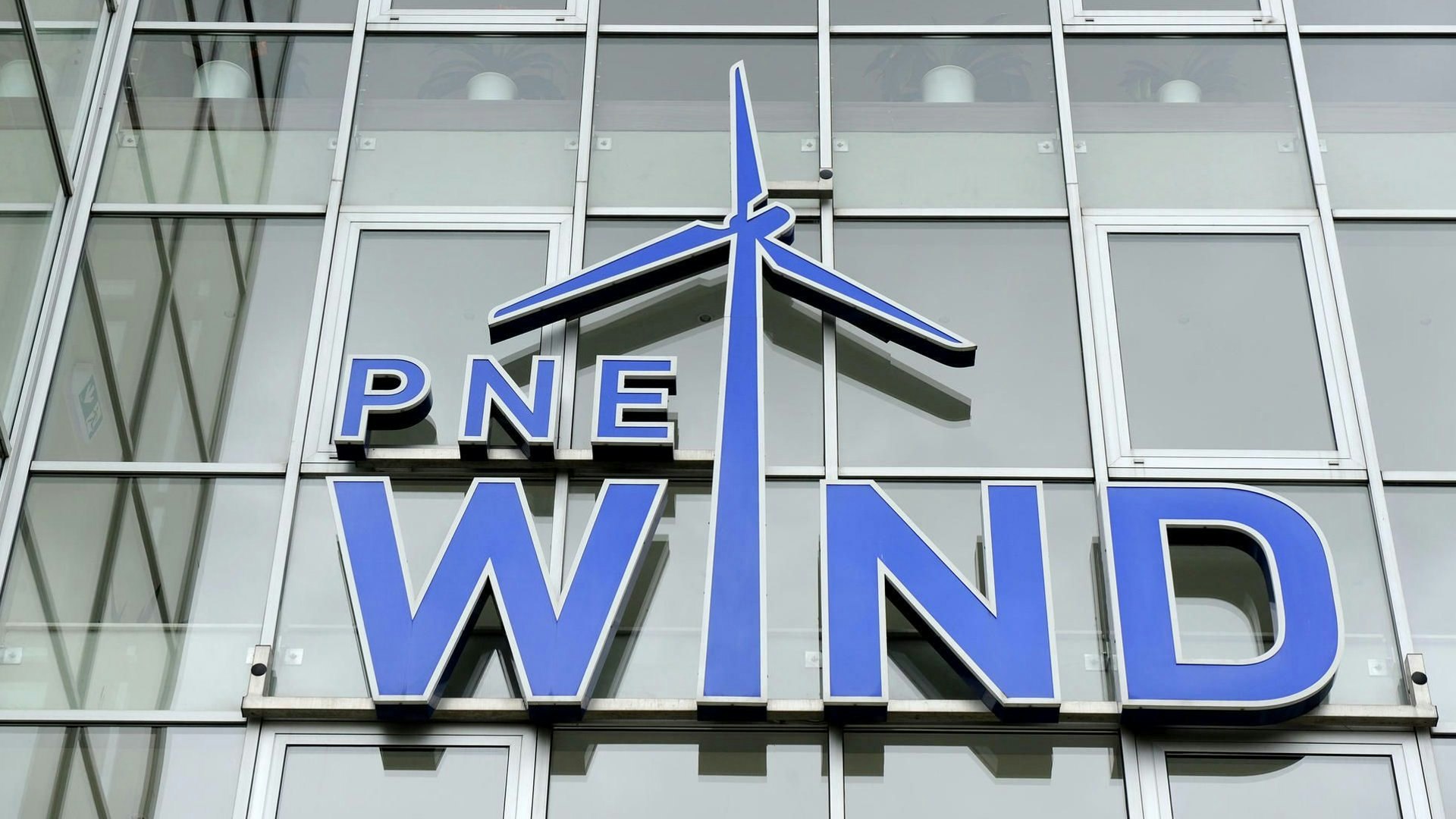Business
Intel surprises Wall Street with optimized revenue forecast despite significant losses
Intel surprises with an optimized revenue forecast in the third quarter of 2024, but continues to struggle with significant losses and strong competitive pressure in the AI segment.

The US semiconductor company Intel surprised Wall Street in the third quarter of 2024 with an optimized revenue forecast. For the current quarter, Intel expects revenues between 13.3 and 14.3 billion US dollars, while analysts had forecasted an average of 13.6 billion US dollars. Despite these positive revenue prospects, the company continues to struggle with significant losses, primarily due to extensive write-downs and ongoing corporate restructuring.
Compared to the same quarter last year, Intel's revenue decreased by six percent to 13.3 billion US dollars. Bottom line, the company recorded a loss of 16.6 billion US dollars, a significant decline compared to a profit of 300 million US dollars in the same period of the previous year. Write-offs amounted to 15.9 billion US dollars due to obsolete equipment acquired during the COVID-19 pandemic when demand for notebooks surged due to the home office boom.
Despite the improved revenue forecast, Intel remains under pressure in the data center business, which is significantly impacted by strong competition from NVIDIA. Analyst Toshiya Hari of Goldman Sachs emphasized that market shares in the field of artificial intelligence (AI) continue to be at risk, and the prospects for Intel's own foundry business remain uncertain. Sales of its own AI chip Gaudi have so far fallen short of expectations, making it likely that the target revenue of $500 million for this year will not be achieved.
To ensure financial stability, Intel, led by CEO Pat Gelsinger, plans a drastic cost reduction of ten billion US dollars and the elimination of more than 16,000 jobs. As part of these savings measures, the company has decided to postpone the construction of a planned chip factory in Magdeburg by two years. These steps are part of a long-term strategy to get the company back on track through technological innovations and increased efficiency.
The ongoing problems have also negatively affected the stock price. Despite a short-term increase of around six percent to $22.80 on Friday, the stock has already lost more than half of its value this year. Since spring 2021, the price has weakened by two-thirds, bringing Intel's market value to about $100 billion, compared to NVIDIA, which has reached a market capitalization of $3.3 trillion.






